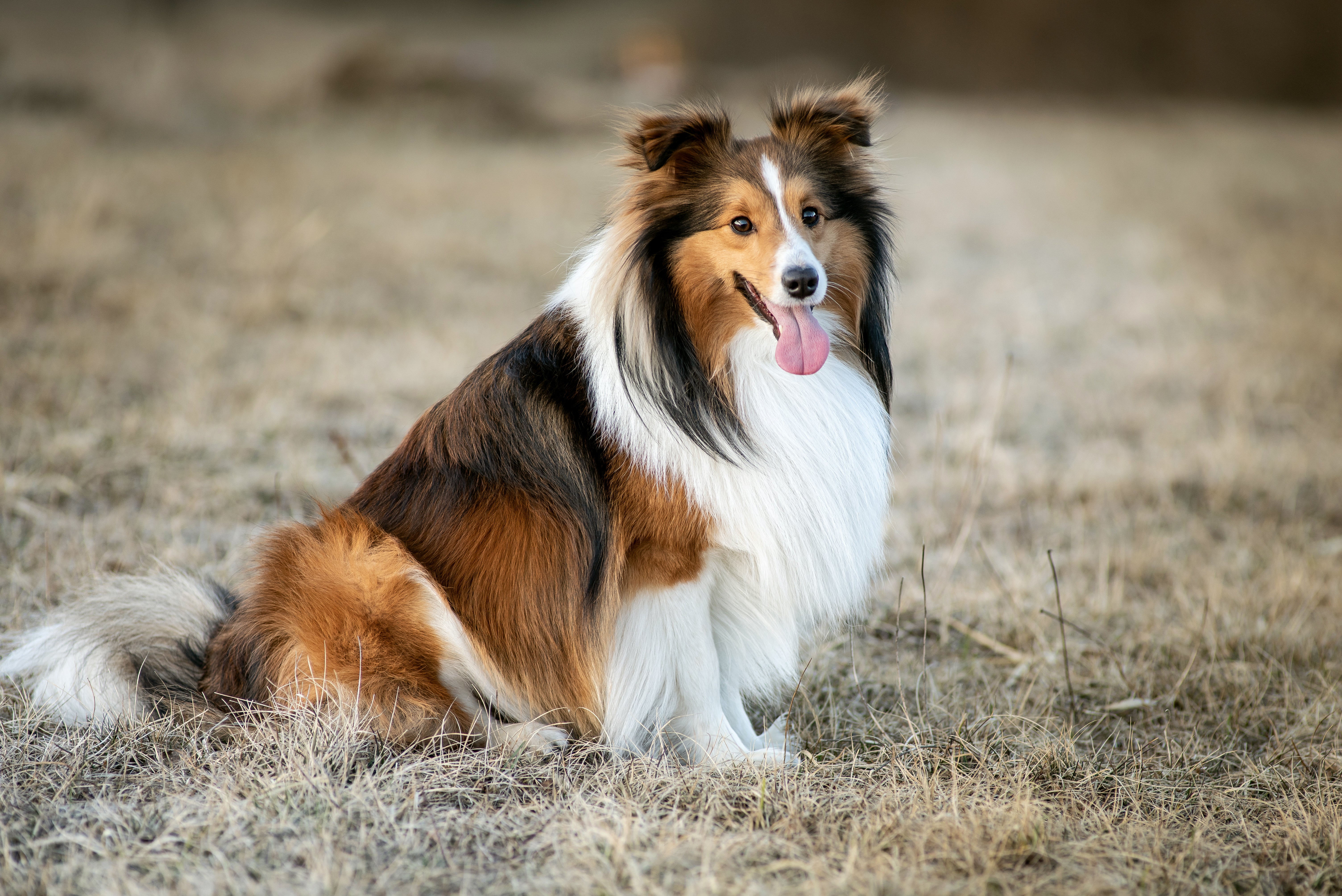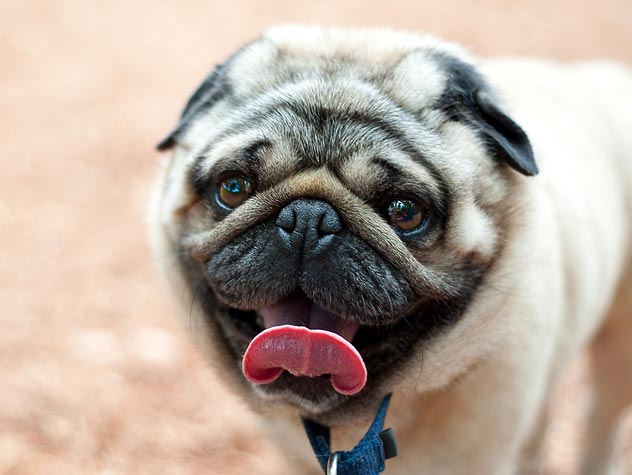Shetland Sheepdog
Small, agile, and incredibly intelligent, the Shetland Sheepdog, or Sheltie as they are affectionately known, is a hard-working farm dog. They have good agility, speed, and endurance, although most of the time these days that is put to good use romping in the backyard rather than herding livestock. Their coat is a double coat with a short, dense undercoat and a long, straight, and harsh outer coat to protect them from the weather. Their face is gentle, curious, and open. They can resemble a Rough Collie, but the breeds are distinctly different.
Breed characteristics carousel
Learn More
Need to Know
- Dog suitable for owners with some experience
- Extra training required
- Need to be aware of potential health issues
- Enjoys active walks
- Small dog
- Minimal drool
- Requires grooming daily
- Chatty and vocal dog
- Barks and alerts to visitors/anything unusual
- Generally friendly with other dogs
- Gets along with other pets with training
- May need additional supervision to live with children
- Needs a small yard in suburban or rural areas
- Can be left alone occasionally with training
- AKC Registered Breed

Personality
Bright, sensitive, and willing to please, the Sheltie is an adaptable and hearty farm dog. They are devoted to their families. Their active minds take some time to quiet, and learning how to settle is an important part of their training. They get along well with children, albeit older ones since they are prone to nipping heels and herding while playing which might not be suitable for smaller children. Strangers might find them aloof and reserved, or on the end of a barking fit—Shelties take their job as watchdogs very seriously.
The herding dogs of Scotland responsible for the Collie and Border Collie are also responsible for the Shetland Sheepdog breed. They were further developed on the Shetland Islands, potentially mixed with some Icelandic dogs or a black and tan King Charles Spaniel. Because the landscape of the Shetland Islands has little vegetation, the dogs needed to herd livestock were bred smaller. These fantastical farm dogs herded sheep, ponies, and chickens. The British navy used to frequent the islands and often brought home the puppies to England. Early dogs were referred to as Toonies, as “toon” was the local Shetland word for farm. Later on, they became known as Shetland Collies. Collie enthusiasts took umbrage with this name, so they became known as Shetland Sheepdogs. They’re mostly referred to by their nickname of Shelties, though. They first came to America in the early 20th century and have been beloved for their intelligence, work ethic, and loyalty to their families.
Owners will need to match a Sheltie’s energy and quick wit and be prepared for how active these dogs are physically and mentally. You’ll need to take an interest in grooming or be ready to invest in it professionally. If you can, enrolling your dog in dog sports like agility courses will be beneficial. Ideally, an owner will live in a suburban or rural area away from other neighbors as Shelties are prone to barking. Families with older children or no children are best.
Exercise is vital to the Sheltie, who thrives on variety during leash walks and free running in a secure space. They are busy with active minds and mental stimulation in the form of games and puzzles can help exhaust them. Athletic and quick to learn, they do well in dog sports, particularly agility.
There are no space requirements for this breed, but owners should think about their neighbors in close proximity as Shelties take their job as watchdogs very seriously. They can be vocal and become overstimulated easily by things like incessant traffic or passersby. They’ll need access to plenty of outdoor space. If you plan on grooming this breed yourself, you might consider a dedicated area for bathing and drying them, which can take some time.
The Shetland Sheepdog’s coat is long and straight on top and short and fluffy underneath. Owners will want to brush them frequently to prevent tangles. Professional grooming might be in order, especially since this is a breed that takes a long time to bathe and dry.
Very quick on the uptake, the Sheltie is a star student pup who thrives with an owner who enjoys training as much as they enjoy learning. They can learn just about anything, including when to settle down and be quiet—something harder for them than fast-paced tricks and commands.
Older children or families with no children are best for Shelties. They can easily get overwhelmed and overstimulated and small children who are unpredictable are not ideal.
The cost of a Shetland Sheepdog from a breeder is significantly more than the cost of adopting one from a local shelter or rescue. The adoption fee usually covers additional items such as spaying or neutering, vaccines, and microchipping.

Learn more about feeding and caring for your Shetland Sheepdog on Purina.
Did You Know?
- President Calvin Coolidge had a Shetland Sheepdog named Calamity Jane. He had a special dog bath built at the White House for her.
- Popstar Miley Cyrus has a Sheltie named Emu. She has a tattoo on her arm.


